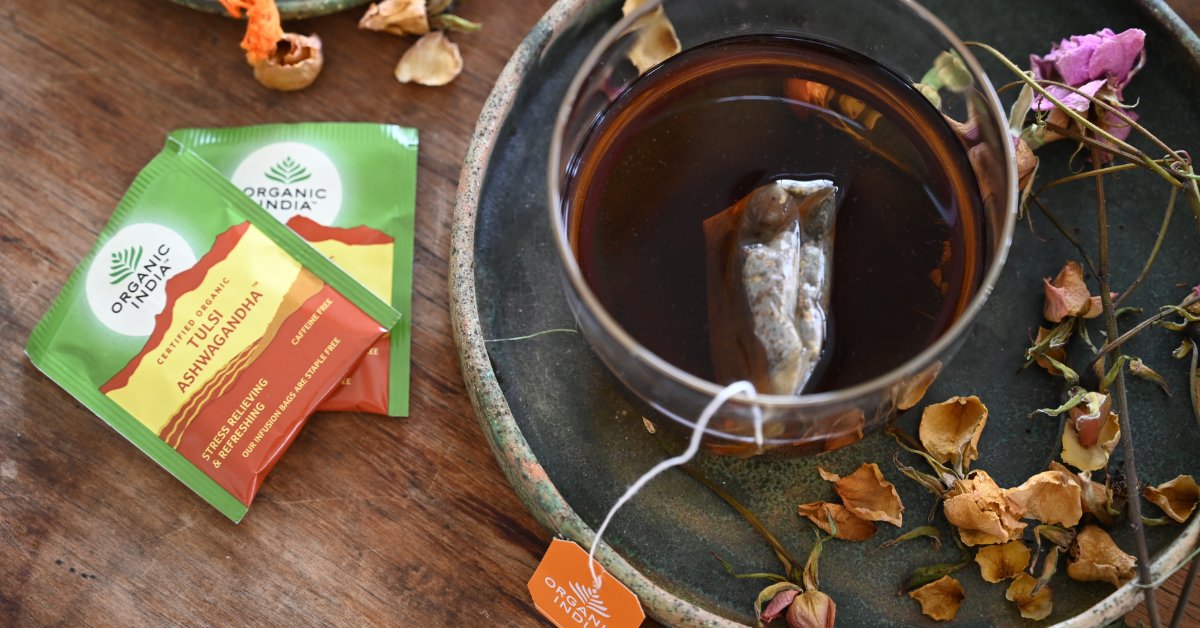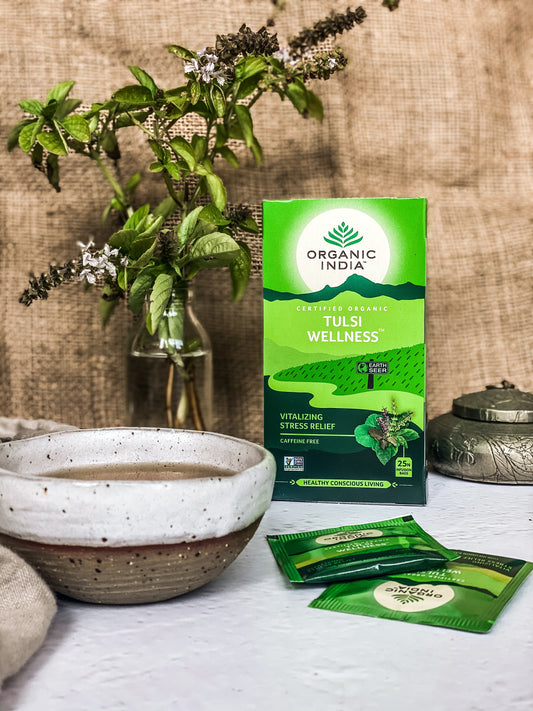“Water is the driving force of all nature.” — Leonardo da Vinci.
It is said that water is the essence of life, connecting all living things. Our own bodies are comprised of two thirds of water by mass and over 99% water if we count our molecules.
Water is necessary for the health of our cells, organs and tissues, whilst also regulating body temperature. Being hydrated helps support our organ functions, aids digestion, helps to remove waste products, supports optimal brain function, and maintains heart health. If that wasn’t enough, several studies have shown that reduced water intake leads to dehydration which can be linked to many chronic diseases down the track.
Are you hydrated?
So how do you know if you are sufficiently hydrated? A good rule of thumb is to look at your urine. If the colour is opaque yellow (think lemonade) and there is no odour, then you are sufficiently hydrated.
When the body is adequately hydrated there are significant benefits such as thinking clearly, increased energy and an efficient metabolism.
Water quality
Aim to consume high quality water; municipal supply often contains chemicals and other substances which are best to be filtered out. Investing in the best quality water filter that you can afford and maintaining it well means adequate hydration for you and the optimisation of your bodies cells.
What is ‘blessed’ water? Studies have proven the consciousness water holds, so it makes sense to give water the reverence it deserves. Cultivating gratitude and positive thoughts when drinking a glass of water creates the vibration of these intentions which has been shown to be subtle yet powerful.
Avoid plastic water bottles that may have leached BPA and other substances in the water. Carrying your own water in a stainless steel or glass bottles is always a good idea whilst also helping to reduce plastic waste which often clogs our waterways.
How does Tulsi help to hydrate the body?
Tulsi tea can help us to know when our bodies are sufficiently hydrated. As a ‘smart plant’ Tulsi seeks out imbalances in the body and assists with the restoration of homeostasis. If the body is dehydrated, drinking Tulsi may leave one feeling thirsty due to its warming nature and therefore we should follow that craving with pure water.
Drinking alkalised water to help lower inflammation is a great option but if your diet is quite acidic then aiming to include more alkaline foods in your diet is possibly a better place to start. The aim is to reduce inflammation in the body which can be done by incorporating foods that are more alkalinised whilst reducing acid forming
foods. Due to its anti-inflammatory properties, Tulsi is a fantastic option which can greatly help with this endeavour.
A note on when to hydrate
In Ayurveda, it is not recommended to drink a large volume of water during meal times. Hydrating well upon rising helps to flush out toxins and cleanse the intestines. On waking, try to consume one to two mugs of Tulsi tea or glasses of warm water.
Drinking throughout the day instead of during meal times is better for our “agni”, or digestive fire. Attempt to sip during meal times so as not to dampen the fire we need to digest our meal.
Consuming icy cold water is never recommended, even in the heat of summer. Room temperature (or warmer water in winter) compliments the regulatory efforts of our body. Throughout winter drinking warm water and a few cups of Tulsi per day (ideally three) is a handy way of knowing when you are adequately hydrated. On a further note, for every caffeinated drink, an extra glass of water should be taken since caffeine is known to be dehydrating.
For a clear thinking mind, well-energised body and great digestion look into some of the tips suggested above and remember stay hydrated with H2O and Tulsi.












